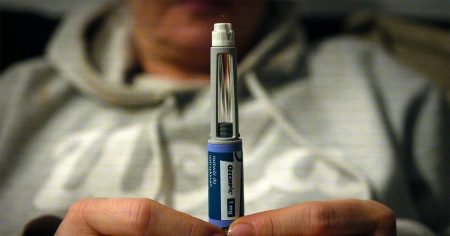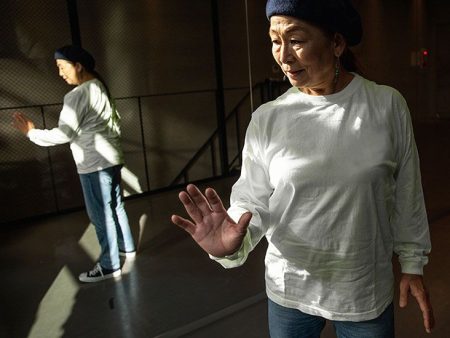A recent study conducted in the United Kingdom found that psilocybin, the active ingredient in magic mushrooms, can effectively treat depression. The study, published in The BMJ, compared psilocybin to a placebo, niacin, and microdoses of psychedelics, showing that psilocybin was more effective in reducing depression symptoms among participants. Researchers noted that depression affects around 300 million people worldwide and is a leading cause of disability.
The study found that psilocybin had promising results in reducing depression symptoms after one or two doses with minimal side effects and no evidence of addiction. However, the researchers pointed out that there is still a lack of diversity among study participants, limiting the generalizability of the findings. They also highlighted that previous studies have not examined factors that could influence psilocybin’s effects, such as dosage and past psychedelic use.
The researchers analyzed seven trials involving 436 subjects with depression to measure changes in depression scores using statistical methods. They reported a significant improvement in depression scores with psilocybin treatment compared to a proven comparator treatment, with an overall large effect favoring psilocybin. The study also showed greater improvements in secondary depression related to an underlying disease, as well as in older individuals and those with a history of psychedelic use.
Despite the promising results, the researchers noted that certain factors, such as pre-treatment expectations and the therapeutic setting, were not measured in the study. They also highlighted the need for legal safeguards, cost considerations, and regulatory guidelines before psilocybin can be established as a clinical treatment for depression. Additionally, other researchers emphasized the importance of further studies to determine the real-world effectiveness of psilocybin and its potential for adverse events.
Dr. Akanksha Sharma, a neurologist, neuro-oncologist, and palliative medicine practitioner, noted that psychedelics like psilocybin can help patients process difficult emotions associated with mental health conditions. However, she also highlighted the risks and the need for expert therapists to guide patients through the treatment. Amy Reichelt, the chief innovation officer at PurMinds Neuropharma, pointed out that the effects of psilocybin treatment were more significant in those with secondary depression and discussed the potential benefits of hallucinogenic doses in a palliative care setting.
Overall, while the study suggests that psilocybin may be a promising treatment for depression, further research and consideration of various factors are needed to fully understand its effectiveness and potential risks. Discussions around legal and regulatory frameworks, therapeutic settings, and individual patient characteristics are crucial in determining the role of psilocybin in clinical practice.















